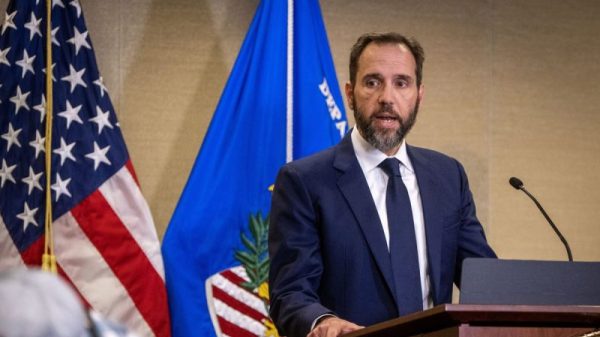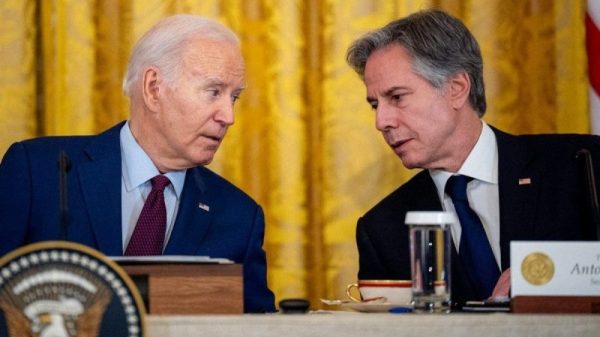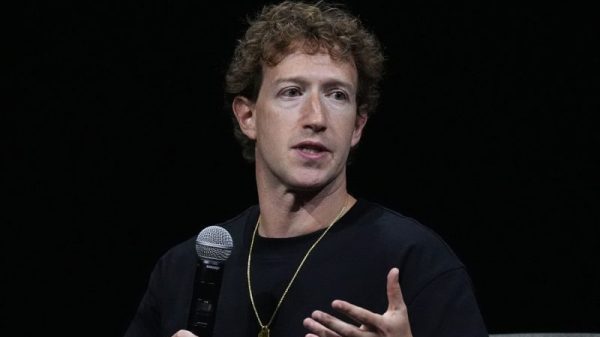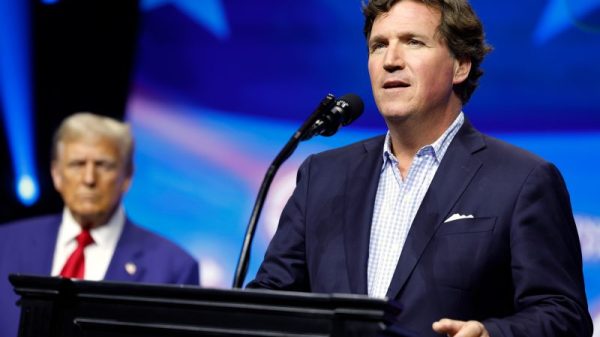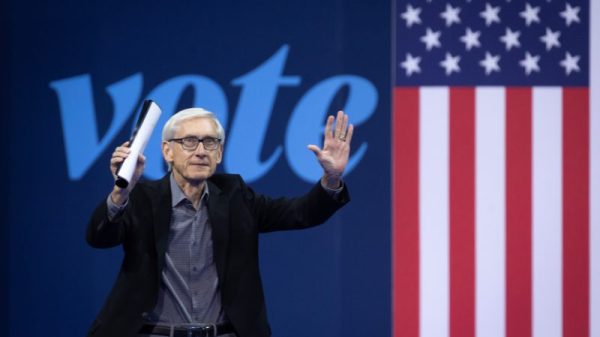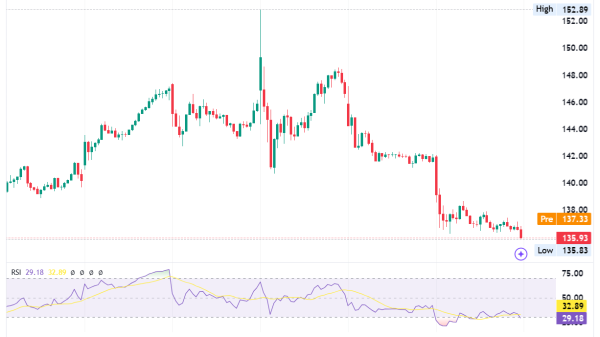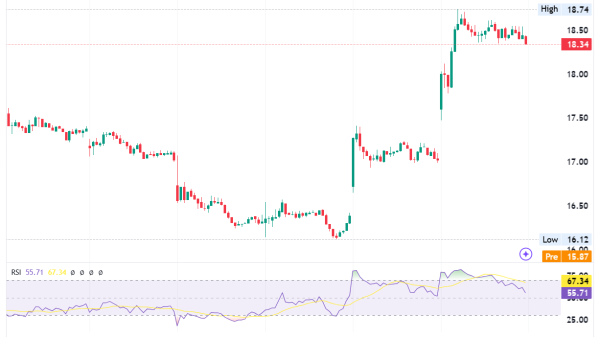The Consumer Financial Protection Bureau on Monday ordered Toyota’s credit arm to pay $60 million for tricking customers into unnecessary products that it then made unreasonably hard to cancel.
The agency said thousands of borrowers complained that Toyota Motor Credit employees had added extra products to their loans, racking up fees for the company at consumers’ expense. It then made it unreasonably hard for consumers to cancel those services.
Toyota Motor Credit is based in Plano, Texas, and it provides financing for people buying cars through Toyota dealerships.
The company admitted no wrongdoing as part of the settlement.
The CFPB said the company will pay $32 million to consumers who did not receive refunds they were owed; $9.9 million to consumers who tried to cancel their policies but were unable to do so; $6 million to consumers who were harmed by false information sent to a consumer reporting company; and $52,000 for those who were given inaccurate refunds. Toyota’s finance arm will also pay a $12 million penalty to the agency’s victim relief fund.
In one example, the CFPB said Toyota Motor Credit told customers that if they wanted to cancel extra products bundled into their car loans, they should call a hotline that had been set up to frustrate them. Employees who answered the phone were told to continue promoting the products until the customer asked them to cancel three times. At that point, the employee was supposed to say that the only way to cancel was to file a written request.
More than 118,000 customers called that hotline from 2016 to 2021 alone.
In addition to paying the fines and restitution, the agency said Toyota Motor Credit will also be required to make it easy for consumers to cancel unwanted coverage, inform consumers that they can cancel the products online or in writing, and monitor dealers to make sure they don’t add products to customer loans without the borrower’s consent. The company will also be prohibited from tying employee compensation or performance metrics to consumer retention of bundled products such as the ones at issue in the case.
The agency said the unnecessary products included Guaranteed Asset Protection, a type of insurance that covers the difference between the amount a consumer owes on their auto loan and what their insurance pays if the vehicle is stolen, damaged or totaled; Credit Life and Accidental Health coverage, which covers the remaining balance on the loan if the borrower dies or becomes disabled; and vehicle service agreements, which reimburse borrowers for parts and service beyond what is covered by the manufacturer’s warranty.
The CFPB said those products averaged $700 to $2,500 per loan.
The agency also said the company knowingly gave false information to ratings agencies, hurting their customers’ credit scores by telling the reporting companies the consumers were missing their payments when they had actually returned the vehicles they had leased.

